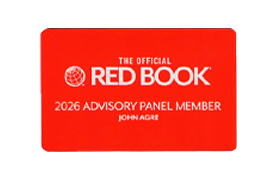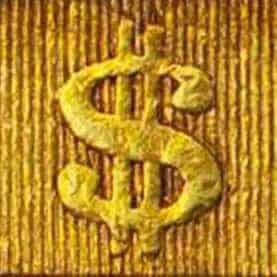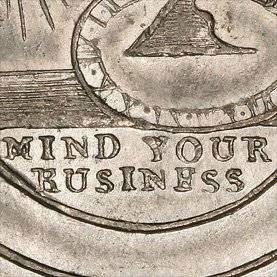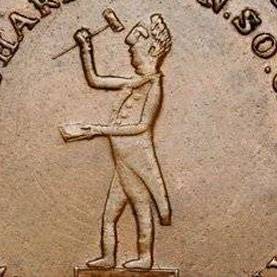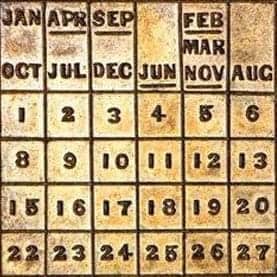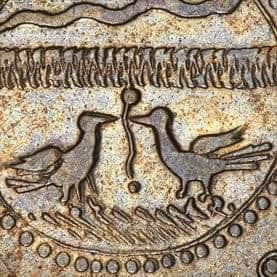July 31, 2007: How Can You Avoid Buying Doctored Coins?

We recently received an email from a collector who was dismayed by the number of doctored, conserved and enhanced coins in TPG holders in the marketplace.
Despite his best efforts to avoid such pieces, he had been burned on such a coin and now was not sure exactly what to look for (or look out for), or how to best protect himself.
And so he asked us what we would recommend, and this is what we said:
There is no panacea, but studying and learning as much as you can on your own is a good start.
Make it a point to see as many coins as possible. There really is no substitute for looking at actual coins and comparing them to one another.
Ideally, you would have your dealer show you the difference between original pieces and the various forms of doctored coins. And if your dealer is unwilling or unable to show you the difference, find another dealer.
We also favor coins in older holders. An older holder doesn’t guarantee that a coin is original, or unconserved, but it does guarantee that it wasn’t messed with recently, and given the dramatic acceleration of coin doctoring in the last few years, that’s important. Further, many doctored coins tend to degrade over time in the holder. A coin in an older holder provides some additional assurance that the coin is stable, and will stay looking the way that it does now.
Purchasing coins with a known pedigree, which can be traced back in time (ideally to plated references which show that they look now just as they did many years ago) is another line of defense for the collector.
Buy coins from people who are knowledgeable about those coins. It may seem obvious, but plenty of people don’t do it. In the areas in which we specialize, we study the markets and know the coins, the players, the enhancement techniques and what to avoid. In other areas (such as gem modern coins) we don’t. If you want to purchase gem modern coins, for example, don’t buy them from us – find an expert in those pieces.
Finally, and perhaps most importantly, try this test: Take a coin you purchased from a dealer, tell him you want to sell it back and see what he offers you. The guys who believe in the coins they are selling should pay you strong money (generally 85-90% of your purchase price if you bought it recently or if the market has not changed) to get them back. The guys who are handling coins that they do not believe in, or which are suspect in some way, will offer you peanuts, or tell you that they don’t need one of those right now or that you are better off consigning it to auction. In other words, we’d suggest to buy coins from people who make a two-way market in the coins they are selling and who will pay you fair money to get them back.
At the end of the day, isn’t this the best protection you can have?

